Chemical Blog Posts
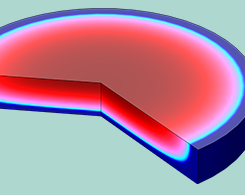
Analyze a Vacuum Dryer’s Speed with Multiphysics Modeling
Vacuum drying is often used to dry heat-sensitive materials such as food and pharmaceuticals. Here, we showcase a model that simulates the vacuum drying of a wet cake.
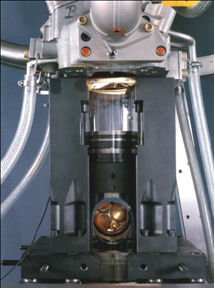
Model Methane HCCI Combustion to Optimize Engine Ignition Control
Environmental demands have sparked an interest in finding an alternative to traditional spark- and compression-ignition engines. One of the suggested alternatives is HCCI engines.
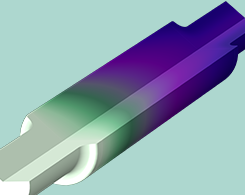
New Reacting Flow Multiphysics Interface Delivers Greater Flexibility
Get an introduction to the Reacting Flow interface, which can be used to simulate fluid flow and reactions in gases and liquids in COMSOL Multiphysics®.

Studying Bioreactor Landfills to Solve a Growing Trash Problem
How are researchers using heat transfer and chemical reaction simulations to help solve the world’s growing trash problem? Get the details here.
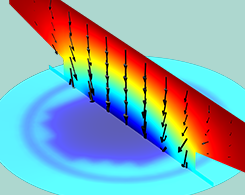
How to Model Electrochemical Resistance and Capacitance
Get an overview of the theory and modeling considerations for resistive and capacitive effects, which are fundamental to the understanding of electrochemical systems.
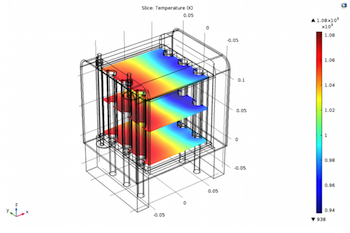
Building an App to Optimize the Design of an SOFC Stack
A guest blogger from resolvent ApS discusses creating a user-friendly simulation app to efficiently analyze a solid oxide fuel cell stack.
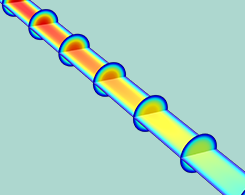
Analyzing the Dissociation Process in a Tubular Reactor
To accurately analyze tubular reactor designs, chemical engineers can model the dissociation process. But is it better to use a isothermal or nonisothermal simulation to do so?
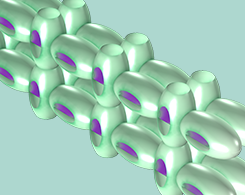
Li-Ion Battery: Heterogeneous Alternative to the Newman Model
When analyzing lithium-ion battery designs, is it better to use the Newman model or a detailed, heterogeneous geometric model? Find out in this comprehensive blog post…
